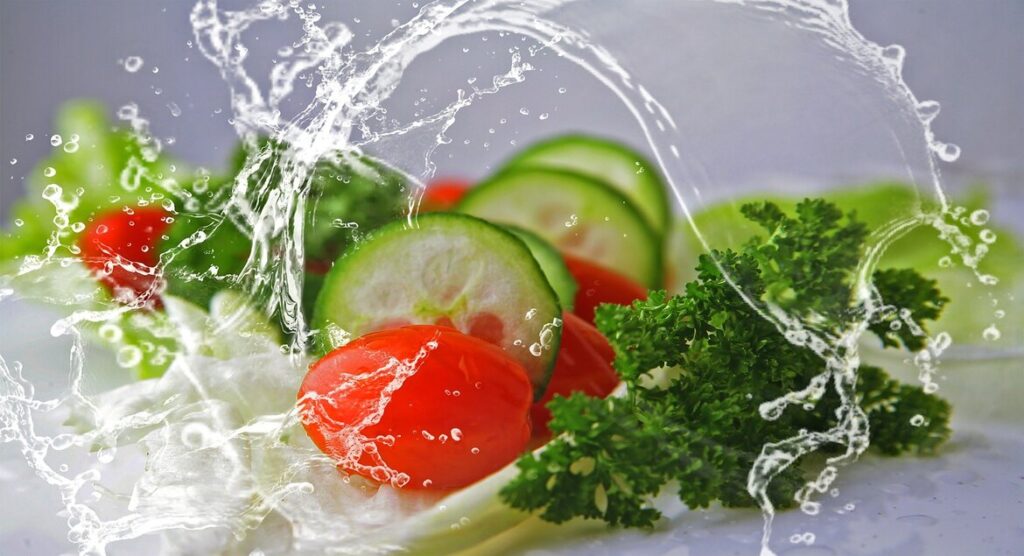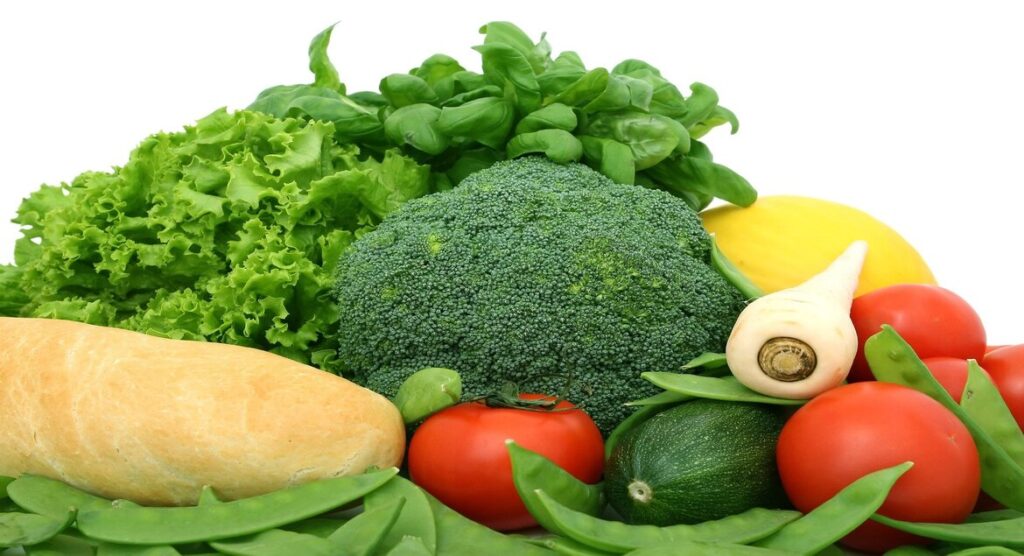Weight loss can be difficult for people suffering from Polycystic Ovary Syndrome (PCOS), and weight gain is a typical side effect. Because there is no treatment for PCOS, research shows that maintaining a healthy weight might help manage the symptoms. If you’re having trouble losing weight, here’s a simple and practical Indian PCOS diet plan for weight reduction, complete with foods to avoid and professional advice on how to lose weight with PCOS.
Table of Contents
Weight Gain and PCOS
Nearly 6% to 8% of women in their fertile age have PCOS. It is a hormonal imbalance in which the body produces more male hormones, also known as androgens. Excessive body hair growth, acne, irregular menstrual cycles, and weight gain are all symptoms of this condition. Obesity and weight gain are not the same things.
Diet is Important For PCOS
PCOS makes it hard for the person to use insulin, which is responsible for converting carbs into energy. It causes glucose and carbohydrates to pile up in the circulation, producing resistance. Lipolysis (fat breakdown) is inhibited by high insulin levels, making weight reduction harder. Adopting a PCOS-specific diet to control insulin production boosts lipolysis, which aids in fat reduction and management.
The Advantages Of an Indian Diet For PCOS Losing Weight
Traditional Indian foods are functional, providing additional nutritional value in addition to the required micronutrients. They lower the risk of illness by boosting the immune system, assisting in weight loss, and managing blood sugar levels. Also, Read: What is Balanced Diet: Explained
PCOS Weight Loss Diet Foods
The primary purpose of the PCOS plan is to limit simple carbs and minimize the glycemic load of meals. Here is a list of food things from which to choose. NOTE: Because the consequences of PCOS differ from person to person, you should see a doctor before embarking on a diet plan.
Whole Grains & Millets: Whole wheat, brown rice, groundnut, sorghum, rice flour, oats, and barley are all great options for your mainstay. These provide a lot of fiber and complex carbs. They assist maintain blood sugar balance because they take longer to process and enter into the circulation.
Pulses: Another food type with a low glycemic index that helps manage insulin levels is pulses. All of your meals should include black gram dal, chickpea dal, white beans, dry beans, soybean, chickpeas, and other pulses.
Proteins aid in the regulation of PCOS by aiding in the manufacture of several hormones such as insulin, oestrogen, and testosterone. Include lean protein sources such as egg, chicken, seafood, paneer, skim milk powder, and curd. If you have PCOS-related acne, you should limit your milk consumption to 2 ounces per day.
Vegetables: Include plenty of high-fiber vegetables in your diets, such as green leafy vegetables, soybeans, cabbage, broccoli, guard vegetables, and carrots. They aid in the slowing of digestion and the maintenance of blood glucose levels, which ultimately aid in the reversal of insulin resistance.
Fruits contain enriched with vitamins, minerals, protein, and phytonutrients. Melons, apples, berries, bananas, mango, jackfruit, pineapple, grape, and citrus fruits are all seasonal favourites. Fruits can also fulfil your sweet taste. Please keep in mind that you only need a limited number of them. Fruits have various quantities of sugar, and consuming a lot of them might produce a blood sugar increase.
Spices and herbs: Indian cuisine is high in antioxidants due to the usage of numerous spices and herbs. Turmeric, mustard, ginger, pepper, mustard, peppermint, and mint are all useful foods that have a variety of health advantages and can help alleviate chronic conditions. Also, Read: 10 Expert Approved Carrot Health Benefits
7 PCOS Weight Loss Foods to Avoid
Leaving the following foods off your diet plan can allow you to maintain your ideal weight.
Processed Meals: Reduced flours and refined carbohydrates may be found in most stores. Avoid them because they are heavy in sugar and calories and have little nutritious benefit. Fried foods include saturated and trans fats, which enhance oestrogen production and should be avoided by persons with PCOS.
Sweets: Limit your intake of Indian sweets because they can elevate blood glucose levels and raise insulin levels, both of which have a negative impact on PCOS symptoms. Vegetable oils are refined and have a high concentration of omega-6 fats. Choose from healthier alternatives such as canola oil, avocado oil and coconut oil.
Starchy Vegetables: Vegetables high in starch content, such as potatoes and yams, can induce hormone imbalances. Fruits are high in fibre, while fruit juices are not. Artificial sweeteners are included in prepackaged fruit juices and concentrate, providing little nutritional benefit to your diet. Instead, go for entire, fresh fruits.
Red Meat: Ready-to-eat processed meats such as sausages, ham, salami, and bacon are rich in salt and preservatives. Mutton, pork and beef are rich in cholesterol and trans fats. They should be avoided since they might cause additional hormone levels.
Diet is crucial in maintaining a healthy weight and managing PCOS symptoms. Women with PCOS must follow a food plan that provides appropriate critical nutrients while avoiding excessive carbohydrates and fats. For a proper food plan, see a trained nutritionist.



